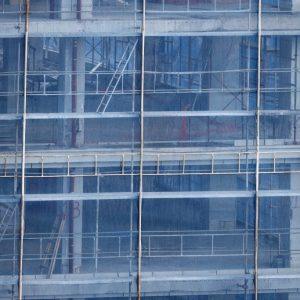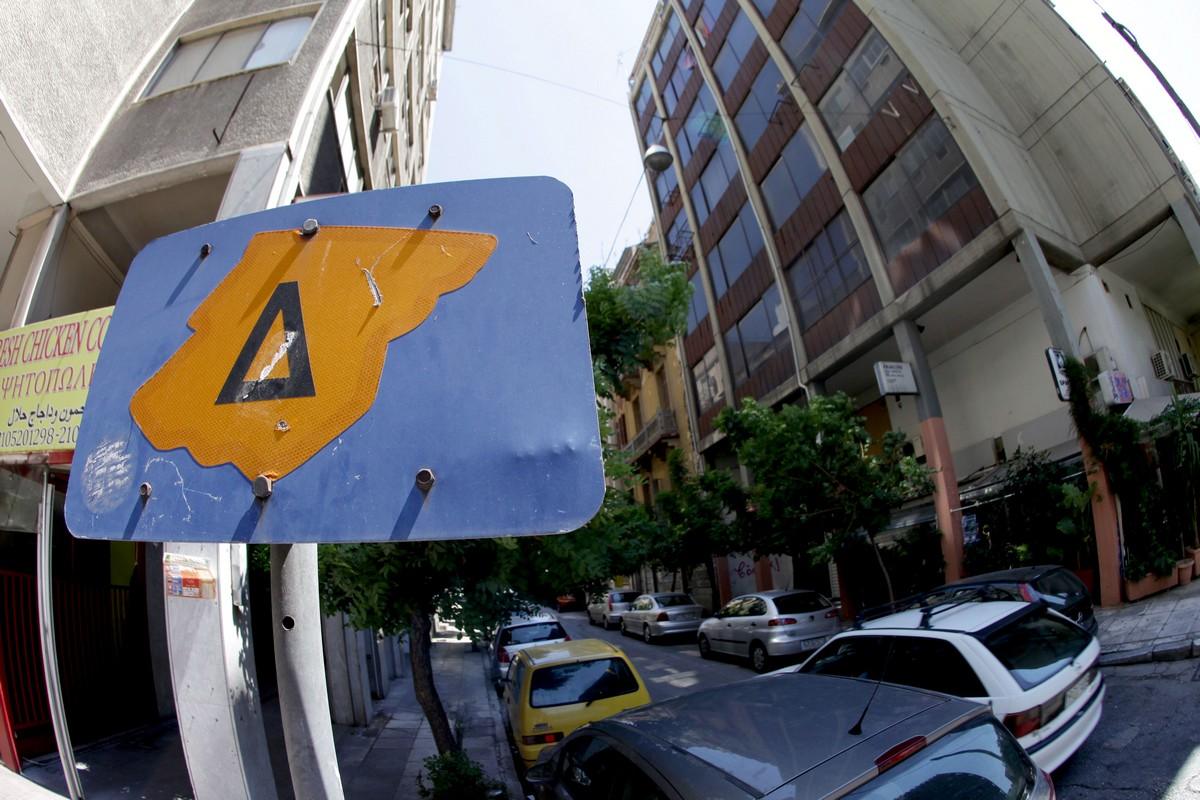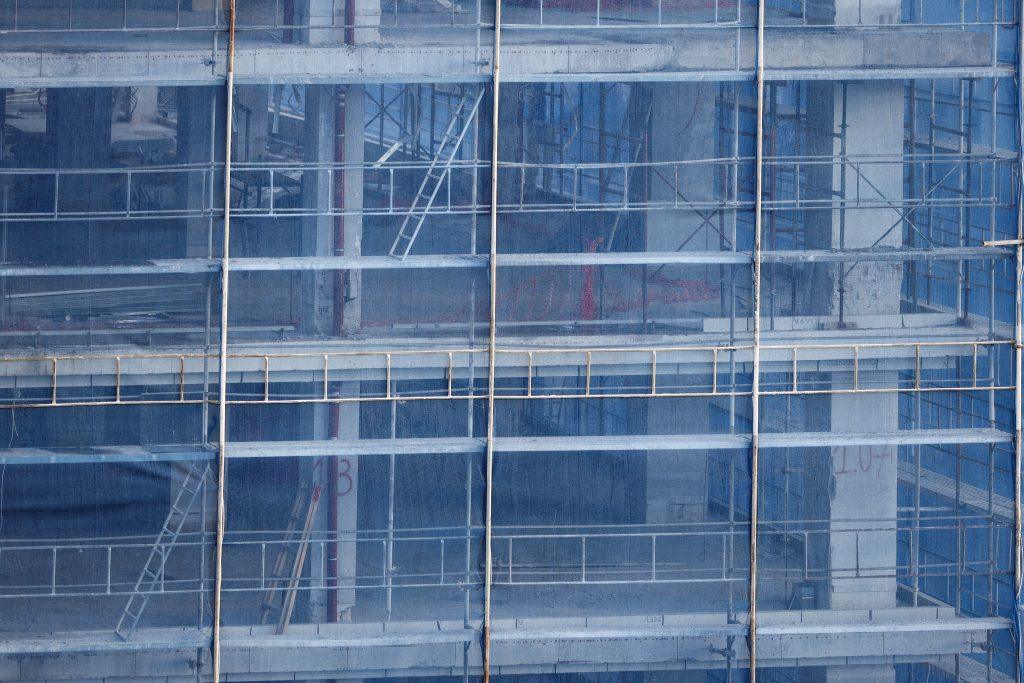Mrs. Christina Chatzigeorgiou could hardly believe her ears when, early one morning, her neighbour showed up at her door and said: “Do you know what they told me at the Urban Planning Office? That your children are sleeping… in my apartment!”
It sounded like a joke, but it was anything but. One of the children’s bedrooms had been misplaced on the official blueprints and, on paper, ended up belonging to the wrong flat. One small error, a line drawn a little too far on the floor plans, and legal owners suddenly became… illegal.
Despite the initial shock, Mrs. Chatzigeorgiou’s story had a happy ending, though not without cost: fines, engineer’s fees, and new paperwork to amend the property deeds. Her case, however, is far from unique. It is just one of thousands where unsuspecting citizens have discovered urban planning violations in their homes.
Often, the culprits are the developers who, during construction, failed to follow the approved building permit plans submitted to the authorities. As a result, many owners now find their living rooms extending into their balconies, bathrooms located in what should have been a skylight, or kitchens shared with neighbours, at least on paper. These discrepancies usually only come to light when the owners attempt to transfer their property.
A ticking deadline for legalization
For now, such mistakes can still be rectified, but time is running out. The deadline for legalizing unauthorized building structures that belong to categories 1 -4 (small-to-medium planning violations or older illegal constructions built before 1983) expires on March 31, 2026. Unless an extension is granted, the real estate market could grind to a halt – and that includes sales, parental transfers, and donations.
Already, more than 1.7 million property owners have regularized violations falling under these four categories. Yet, as the deadline draws closer, the pace of new applications has slowed, with many owners still unaware of the risks.
A senior official at the Ministry of Environment and Energy told To Vima that discussions on unauthorized construction will reopen in the coming months. Difficult decisions lie ahead not only for categories 1-4 but also for “Category 5”: buildings with serious violations or entirely illegal structures, an unresolved issue left hanging for four years. The key question remains: Will there be an extension, or will private and public properties alike remain trapped in legal uncertainty?
Linking small violations to the Building ID
For minor building code violations, the most likely solution appears tied to the mandatory Electronic Building Identity- a digital record now required for every property transfer, documenting all changes to a building. In practice, owners would only be forced to legalize irregularities when a transfer is attempted.
Still, the “red line” remains in place: only constructions built before July 2011 can be legalized. What the final decision will be is yet to be seen.
The unresolved Category 5 problem
Far more complex is the handling of buildings that fall under “Category 5.” Since autumn 2020, the legalization of large-scale illegal buildings has been frozen, leaving thousands of properties in limbo.
The problem affects not only private owners but also the Greek state. There are schools, town halls, municipal buildings, and even hospitals that are considered Category 5 unauthorized structures.
The freeze imposed in 2020 has caused serious obstacles. At the time, the government argued that major violators had been given ample time to comply and that those who failed to act had only themselves to blame. What was overlooked, however, was the public sector and its notoriously slow response time.
The Technical Chamber of Greece (TEE) estimates that 20–30% of public buildings fall into Category 5. This means they cannot qualify for energy upgrades, renovations, or structural reinforcements, even when EU funds are available, since Brussels only subsidizes legally existing buildings.
One telling example is the Municipality of Volvis, which discovered it could not proceed with energy upgrades because 15 of its buildings, including the Town Hall of Asprovalta and 14 schools, lacked building permits. “The buildings aren’t unsafe; they were simply built without permits by local technical services at the time,” a ministry source explained. Deputy Minister of Environment and Energy Nikos Tagaras has already spoken in favor of restarting the legalization of large illegal structures.
Political brakes and legal hurdles
Yet every time the ministry tried to reopen the issue, the Prime Minister’s office intervened to block it, as the matter is politically sensitive, especially since 2023, when unauthorized construction in Mykonos, caused public uproar.
At the same time, government legislation has been repeatedly annulled by the Council of State, the supreme administrative court in Greece, specifically decisions on zoning and planning matters, such as out-of-plan construction, settlement boundaries, and building bonuses under the New Building Code.
The likely… solution
As pressure keeps mounting, the prospect of another extension is back on the table. If granted, it is expected to be brief, until the end of 2026 at most, while also paired with stricter inspections and significantly higher fines. Already, unauthorized properties owned by banks that belong in this category have been allowed to proceed with legalization by way of exception.
One of the peculiarities one encounters with Category 5 unauthorized buildings is that sometimes entire apartment blocks fall into this category, solely because they extend a few centimetres beyond the street alignment line without residents realizing it. Even a detached house whose owners changed the use of their basement, falls under category 5. As ministry officials stress, “decisions cannot wait until the last second.”
The government’s aim is to settle on clear rules by the end of this year, so that 2026 becomes a year of resolution rather than paralysis, while also enacting the new system for detecting planning violations and ordering demolitions. Meanwhile, the Digital Land Bank, due to launch next year, will facilitate the regulated trading of building rights transfer titles. Revenue from these transactions will be used to fund new public green spaces.
Source: tovima.com







































